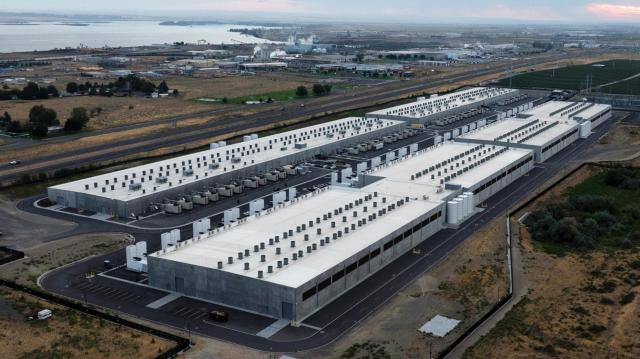
Workday Inc., a leading provider of cloud-based enterprise software, is at the center of a controversial federal lawsuit that raises significant concerns over the use of artificial intelligence (AI) in corporate hiring processes. The lawsuit alleges that the company’s AI-driven hiring tools discriminate against certain job applicants, potentially violating U.S. employment discrimination laws.
The case has been filed on behalf of an individual who claims he was unfairly denied employment opportunities due to biases embedded in Workday’s AI software. According to legal filings, the plaintiff contends that the algorithms disproportionately reject applicants who are older, Black, or disabled, arguing that these outcomes are not incidental but systemic, given how the AI tools operate.
Workday provides a suite of human resources and financial management services to major companies across multiple industries, which often includes automated systems used to screen job applicants. Critics argue that even with supposedly neutral programming, AI systems can inherit and amplify existing biases in data and decision-making frameworks unless rigorously audited and corrected.
This case underscores a growing debate about transparency and accountability in AI utilization, particularly in contexts that have significant human impacts, such as employment. Civil rights groups and legal experts have warned that without proper oversight or mechanisms to audit and adjust AI-driven hiring systems, these tools could perpetuate or even exacerbate systemic discrimination.
Workday has defended its software and hiring practices in general terms, stating that they are committed to fair and equitable hiring and that their systems are designed to adhere to legal and ethical standards. However, the lawsuit could put additional pressure on the company and others in the sector to disclose more about how their AI tools make decisions and to implement more robust anti-bias mechanisms.
The outcome of this lawsuit could set a major precedent for how AI is regulated in employment practices and may influence forthcoming legislation or guidance from oversight agencies such as the Equal Employment Opportunity Commission (EEOC). Analysts believe that companies deploying AI in hiring may have to institute more transparent practices and perform rigorous testing to ensure compliance with anti-discrimination laws.
As the legal proceedings advance, the case is being closely watched by technology firms, HR software vendors, employment advocates, and lawmakers alike – signaling a possible inflection point in how machine learning and automation intersect with civil rights and labor law.
Source: https:// – Courtesy of the original publisher.








